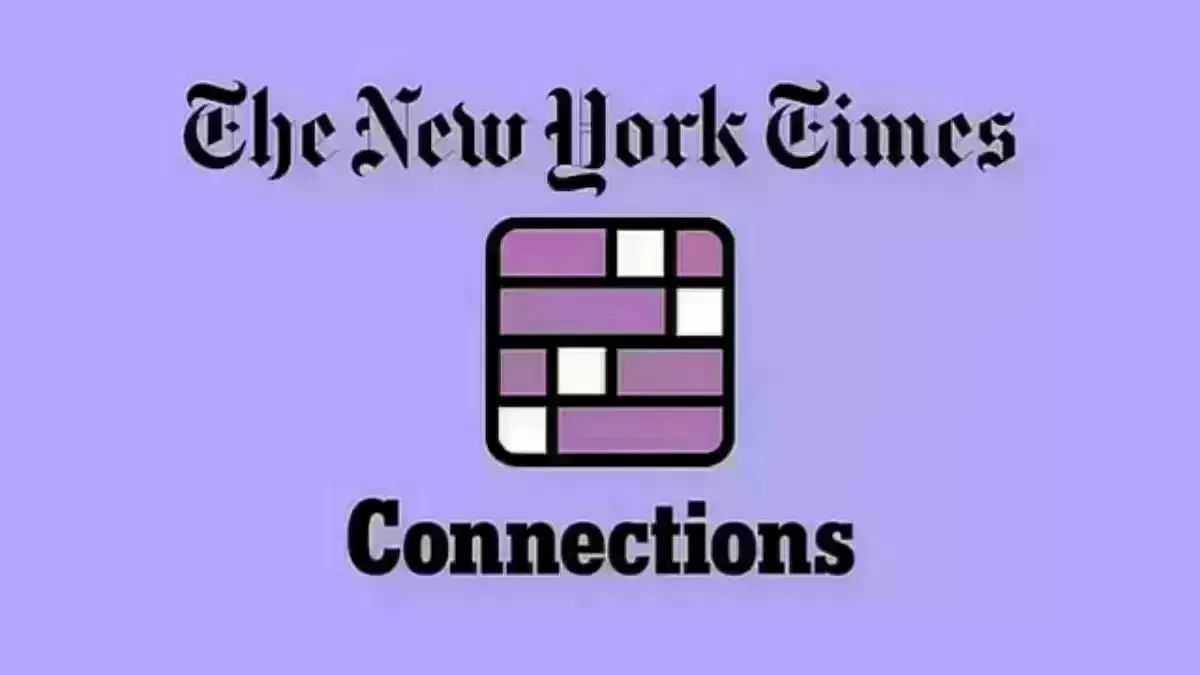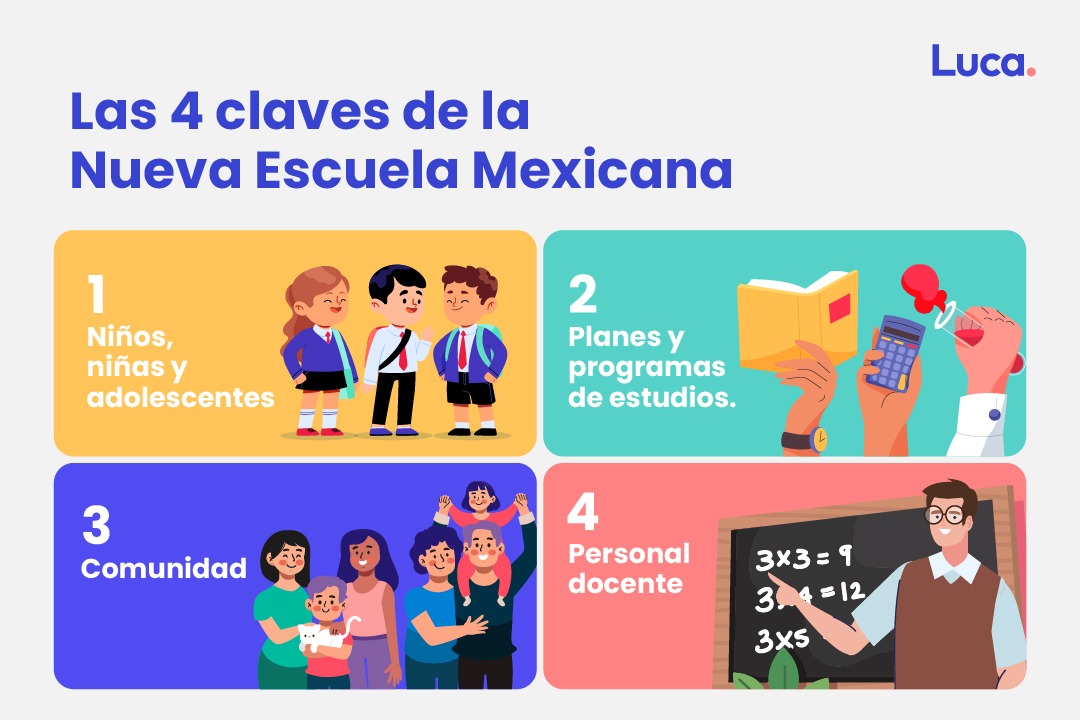Libraries Devastated: Staff And Service Reductions After Trump's Agency Dismantling

Table of Contents
Funding Cuts: The Crushing Blow to Library Budgets
The most immediate consequence of the agency dismantling was a significant reduction in library funding. The Institute of Museum and Library Services (IMLS), a crucial source of federal funding for libraries nationwide, experienced substantial budget cuts. This directly impacted libraries' ability to maintain services and employ staff. The library budget crisis deepened as a result.
- Specific examples of funding cuts and their dollar amounts: While precise figures varied year to year, reports indicated millions of dollars were lost in federal grants, significantly impacting many libraries' operational budgets. Smaller libraries, often serving already vulnerable communities, faced disproportionately severe impacts.
- Impact on library programs: Children's summer reading programs, vital adult literacy classes, and technology training workshops were among the programs most affected by library funding cuts. These reductions directly impact community access to essential services.
- Increased reliance on local funding, leading to inequities: With diminished federal support, libraries became increasingly reliant on local property taxes and fundraising. This created significant inequities, with libraries in wealthier communities better able to maintain services than those in low-income areas. This further exacerbated existing inequalities in access to essential resources, a critical aspect of the library crisis. The uneven distribution of funding created a stark contrast between thriving libraries in affluent areas and libraries devastated in under-resourced communities.
Staff Reductions: Losing Essential Library Personnel
The library funding cuts resulted in widespread staff reductions. Many libraries experienced layoffs, hiring freezes, and reductions in staff hours. This library workforce crisis left existing staff overburdened and diminished the overall quality of service.
- Statistics on job losses in libraries across various states: While comprehensive national statistics are difficult to compile, anecdotal evidence and reports from individual states revealed significant job losses across the library sector.
- Impact on specialized staff (e.g., librarians with expertise in archiving, technology): The loss of experienced librarians with specialized skills in areas such as digital archiving and technology support significantly hampered libraries' ability to adapt to evolving needs. This loss represents a long-term detriment to the sector.
- Increased workload on remaining staff, impacting service quality: The reduced staff levels meant increased workloads for the remaining librarians, impacting service quality and employee morale. This created a vicious cycle, as overworked staff were less likely to remain, furthering the understaffed libraries crisis.
Reduced Services: Impacts on Communities
The combined effect of funding cuts and staff reductions led to a significant reduction in library services, impacting communities across the nation. The consequences of these reduced library services were far-reaching.
- Reduced hours of operation: Many libraries were forced to reduce their operating hours, limiting access for patrons, particularly those with limited mobility or inflexible schedules.
- Elimination of specific programs and services (e.g., computer classes, book clubs): Community programs offering vital resources and support were eliminated due to lack of funding and staff.
- Decreased access to vital resources (e.g., internet access, job search assistance): Libraries serve as critical hubs for internet access and job search assistance, especially for underserved populations. The reduction in these services worsened existing inequalities.
- Impact on vulnerable populations (e.g., elderly, low-income individuals): The reduction in services disproportionately impacted vulnerable populations who rely heavily on libraries for access to information, resources, and social interaction. The library closures in many communities further marginalized these populations.
The Long-Term Impact on Literacy and Education
The weakened state of America's libraries has profound long-term consequences for literacy and education. The libraries devastated by these cuts are more than just repositories of books; they are vital community centers.
- Negative impact on literacy rates, especially among children: Reduced access to children’s programs and resources negatively impacts literacy development, especially in underprivileged communities.
- Decreased educational opportunities for underserved communities: Libraries provide essential educational resources and support for students from low-income families, and the erosion of these services directly impacts educational equity.
- Increased digital divide due to reduced internet access: Limited access to computers and internet in libraries exacerbates the digital divide, further marginalizing those without home internet access. This directly contributes to educational inequality and limits opportunities for self-improvement and economic advancement.
Conclusion
The devastating impact of the Trump administration's agency dismantling on America's libraries is undeniable. Widespread staff reductions and service cuts have created a library crisis, threatening the vital role libraries play in our communities. To ensure that our libraries can continue to serve as essential resources for all, we must advocate for increased funding and support. Let's work together to reverse the damage and prevent further deterioration of our nation's libraries devastated by these policies. Support your local library and contact your elected officials to demand increased funding for library services. Demand that we rebuild and strengthen our libraries, preventing further library devastation.

Featured Posts
-
 Solve Nyt Connections Puzzle 676 April 17 Complete Guide
May 19, 2025
Solve Nyt Connections Puzzle 676 April 17 Complete Guide
May 19, 2025 -
 Guia De Los Aspirantes A Diputados De Nueva Corriente Quienes Son Y Que Proponen
May 19, 2025
Guia De Los Aspirantes A Diputados De Nueva Corriente Quienes Son Y Que Proponen
May 19, 2025 -
 Haalands New Bugatti Rs 44 Crore Supercar With 277 Mph Top Speed
May 19, 2025
Haalands New Bugatti Rs 44 Crore Supercar With 277 Mph Top Speed
May 19, 2025 -
 Stefanos Stefanu Kibris Sorununda Girisimci Bir Rol
May 19, 2025
Stefanos Stefanu Kibris Sorununda Girisimci Bir Rol
May 19, 2025 -
 The Trial Ending Explained Teas Crime And Her Parents Fate Unveiled
May 19, 2025
The Trial Ending Explained Teas Crime And Her Parents Fate Unveiled
May 19, 2025
